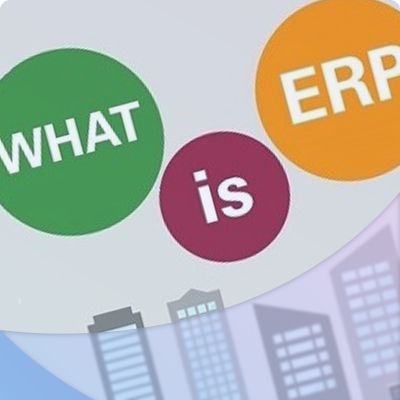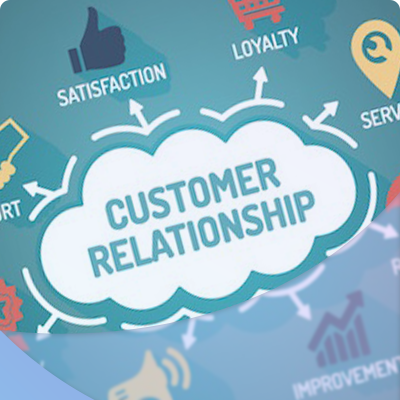




November 23, 2018
 The key components of a successful business are planning and management. In the thriving and competitive world of commerce, efficiency is vital to remain competitive. As technological advancements are facilitating every aspect of human life, developments are allowing companies to focus on strategies that will improve the organization. Most companies are now using ERP software (enterprise resource planning) to leverage their businesses.
The key components of a successful business are planning and management. In the thriving and competitive world of commerce, efficiency is vital to remain competitive. As technological advancements are facilitating every aspect of human life, developments are allowing companies to focus on strategies that will improve the organization. Most companies are now using ERP software (enterprise resource planning) to leverage their businesses.
Enterprise resource planning (ERP) is a process by which a company manages and integrates the crucial parts of its business. An ERP software system incorporates all essential areas such as finance, accounting, planning, purchasing, inventory, sales, marketing, customer relationship management, and human resources. It uses a single database that allows different departments to communicate with each other. Since data is added on the ERP in real time by its users, productivity increases considerably. There is a consistent flow of information, allowing the enterprise to be managed efficiently and effectively.
Whether it a small store or a global chain, an appropriate ERP consistently delivers a high ROI. It has been specifically designed to be adaptable and reliable. As each corporation functions differently and has distinct objectives, it’s important to find an ERP solution that works for your business. ERP software packages can be customized the system based on unique needs, so it’s essential to choose the right features for your retail ERP in Dubai.
Some key features include:
 The retail industry has transformed over the years. And it continues to change as new technologies are still emerging. The idea is to offer services to customers through all channels, whether it’s online through a mobile, desktop, or going to a store. Therefore, it’s essential that the ERP supports all types of sales. It should facilitate downloading orders, update inventory levels, provide shipping information, etc. The data should be integrated in real-time. The goal is to increase profitability in the retail sector.
The retail industry has transformed over the years. And it continues to change as new technologies are still emerging. The idea is to offer services to customers through all channels, whether it’s online through a mobile, desktop, or going to a store. Therefore, it’s essential that the ERP supports all types of sales. It should facilitate downloading orders, update inventory levels, provide shipping information, etc. The data should be integrated in real-time. The goal is to increase profitability in the retail sector.
A business can only survive when there is a demand for a product or service. Therefore, it’s equally important to manage customer relations. Many ERP systems are also equipped with CRM modules. It’s vital to understand customer needs, buying habits, and preferences. It provides the potential to lure more clients to your brand. Whether the customer engages with you via phone, online, or in a store, you will have the details about previous purchases, notes, and communications.
Any system that simplifies inventory is a godsend. It’s important to have an ERP that keeps current stock information. As an effective warehouse management system, changes in one area should be reflected automatically and accurately throughout the entire system.
Some ERP systems manage bookkeeping and financial records. All information can be accessed in real-time, saving time and money. Business decisions can be made immediately with up-to-date data.
An integrated POS is more than just a location where a transaction is completed. ERP provides relevant information to the staff about the product, purchase history, customer data, and inventory availability.